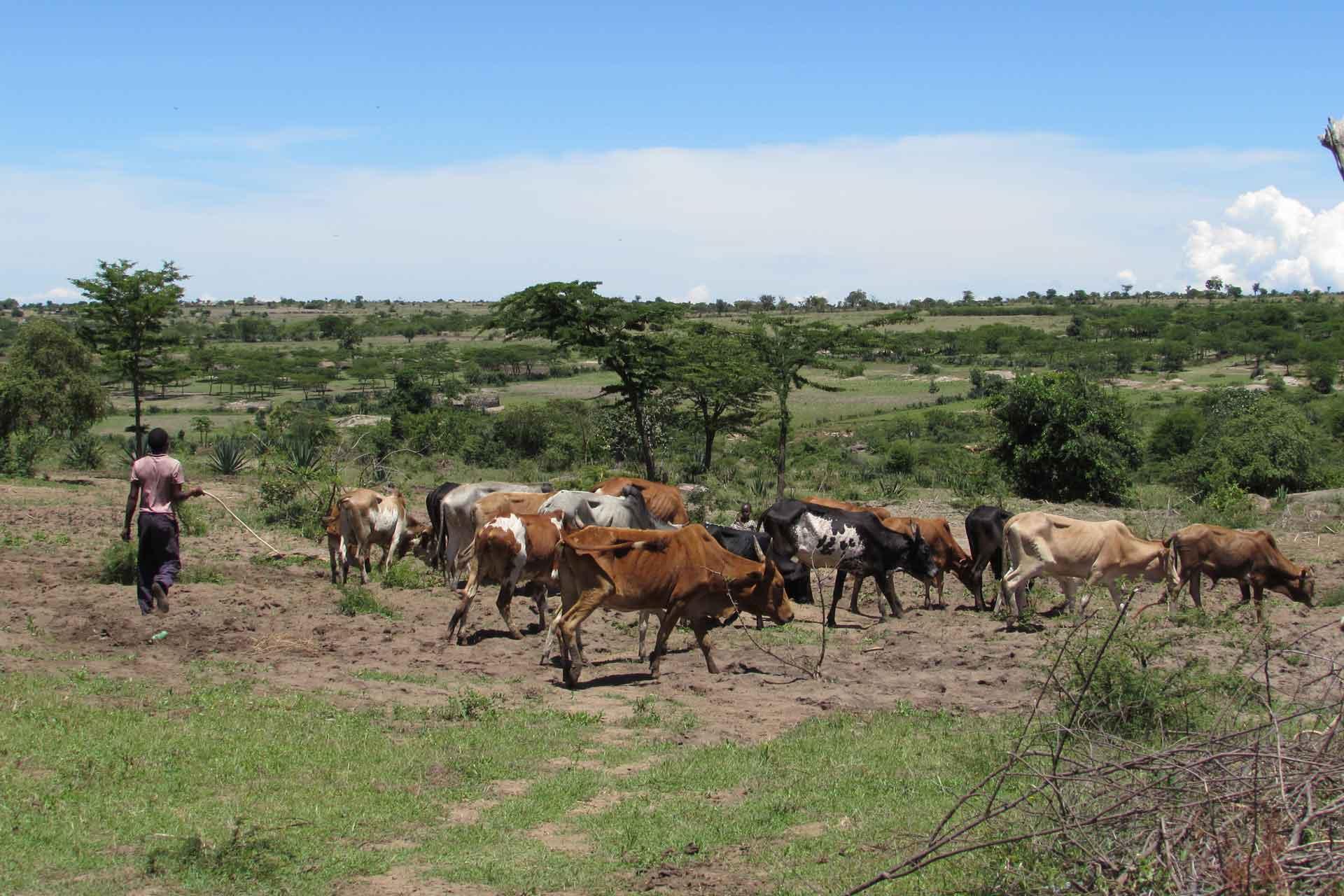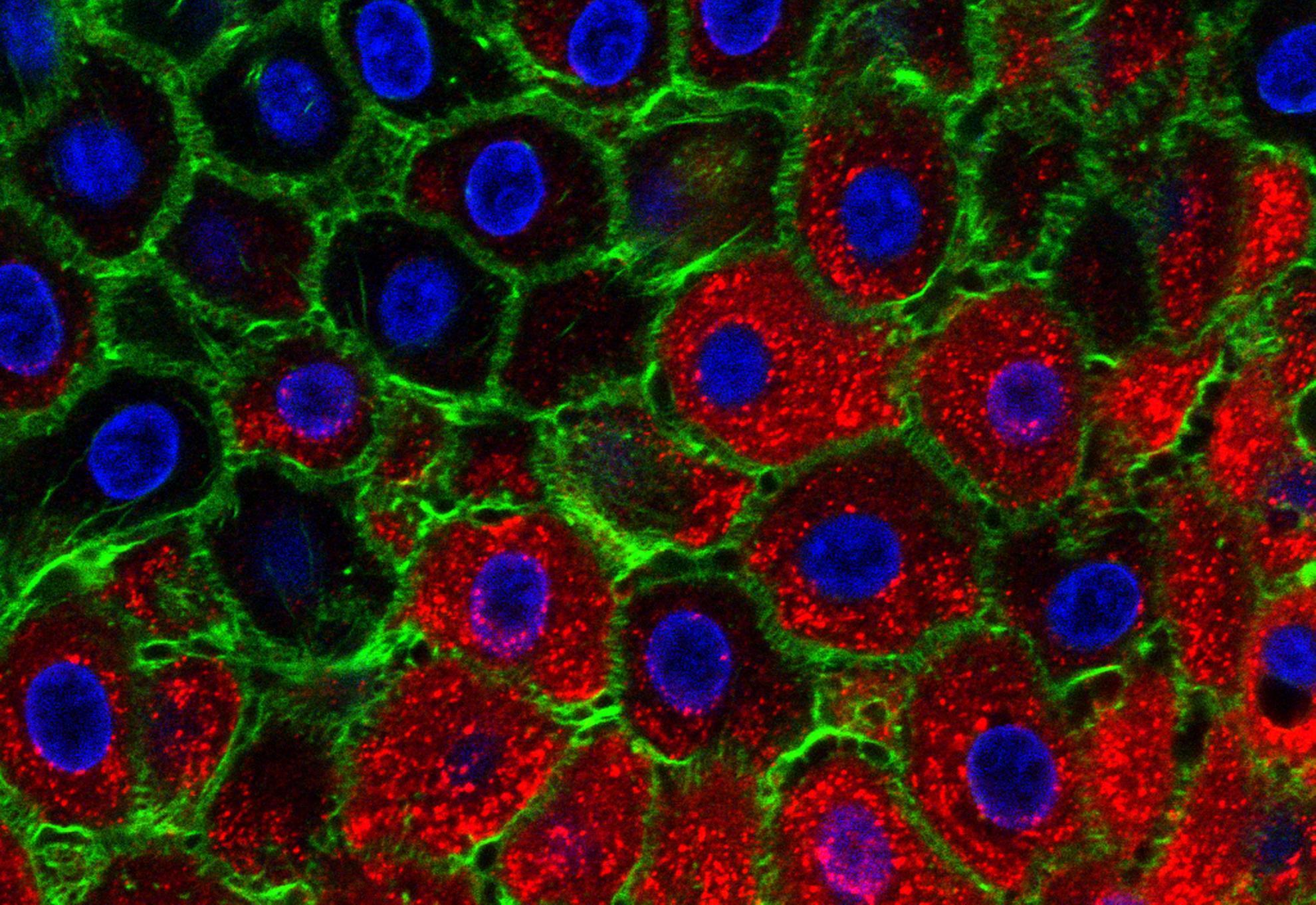Non-discriminatory exclusion testing as a tool for the early detection of foot-and-mouth disease incursions
Endemic circulation of foot-and-mouth disease (FMD) in Africa and Asia poses a continuous risk to countries in Europe, North America, and Oceania which are free from the disease. Introductions of the disease into a free region have dramatic economic impacts, especially if they are not detected at an early stage and controlled rapidly. However, farmers and veterinarians have an obvious disincentive to report clinical signs that are consistent with FMD, due to the severe consequences of raising an official suspicion, such as farm-level quarantine. One way that the risk of late detection can be mitigated is offering non-discriminatory exclusion testing schemes for differential diagnostics, wherein veterinarians can submit samples without the involvement of the competent authority and without sanctions or costs for the farmer. This review considers the benefits and limitations of this approach to improve the early detection of FMD in free countries and gives an overview of the FMD testing schemes currently in use in selected countries in Europe and the Americas as well as in Australia.

